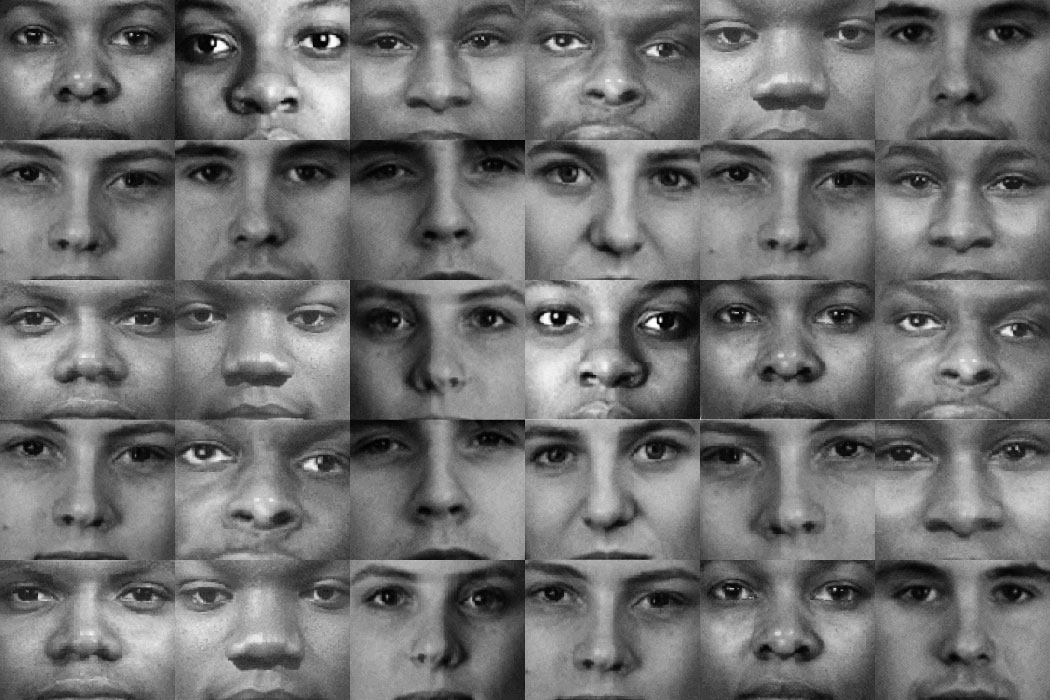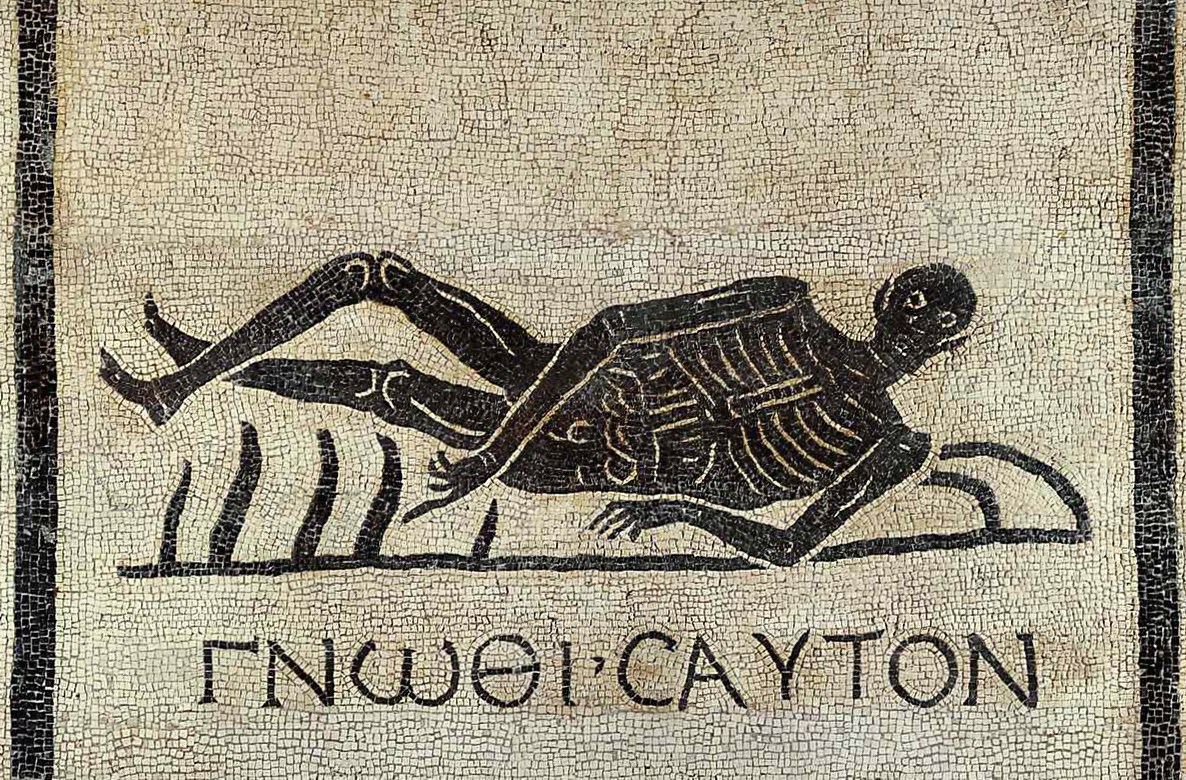Category: Philosophy of Mind
What can we learn from the Implicit Association Test? A Brains Blog Roundtable
Recently there has been a lot of discussion of the value of the Implicit Association Test (IAT) as a measure of implicit bias — discussion generated largely by a new paper by Calvin Lai, Patrick Forscher and their colleagues that presents the results of a meta-analysis of studies conducted using the …
Morality, the Problem of Possible Future Selves, and Christmas Parables
In my 2016 book, Rightness as Fairness: A Moral and Political Theory, I argue that morality is a solution to a problem of diachronic rationality called ‘the problem of possible future selves.’ To simplify (very) greatly, the problem–which is partially inspired by L.A. Paul’s groundbreaking work on transformative experience–is that (A) our present …
The Varieties of Self-Knowledge
Despite their differences, all previously reviewed accounts have something in common. That is, they adhere to monism with respect to self-knowledge. What they all do is focus on one specific instance, provide what seems at least a prima facie suitable explanation and then try to generalize it to all other …
Know Thyself
“Know thyself” is the dictum which appeared on the front of the temple in Delphi. But what does that mean and why is it important? Presumably, it means to know, first and foremost, one’s own character and it is important because only by knowing one’s character can one be aware …
Neutral Theories of Mind
I really like so-called neutral theories of mind-body relations. The “neutral” here means that the theories do not try to extract mind from matter by tortuous logical means, nor do they try to dissolve matter into mind, as idealism does. Most philosophers think that Wittgenstein and Ryle were behaviorists, but …
How Startling it is that there is a Mind-Body Problem
I wrote my little book on The Mind-Body Problem (MIT, 2016, in the Essential Knowledge Sequence), partly because I was attracted to the idea of a little book that would tell you all you need to know about the problem. The other titles in the series are about things like …





